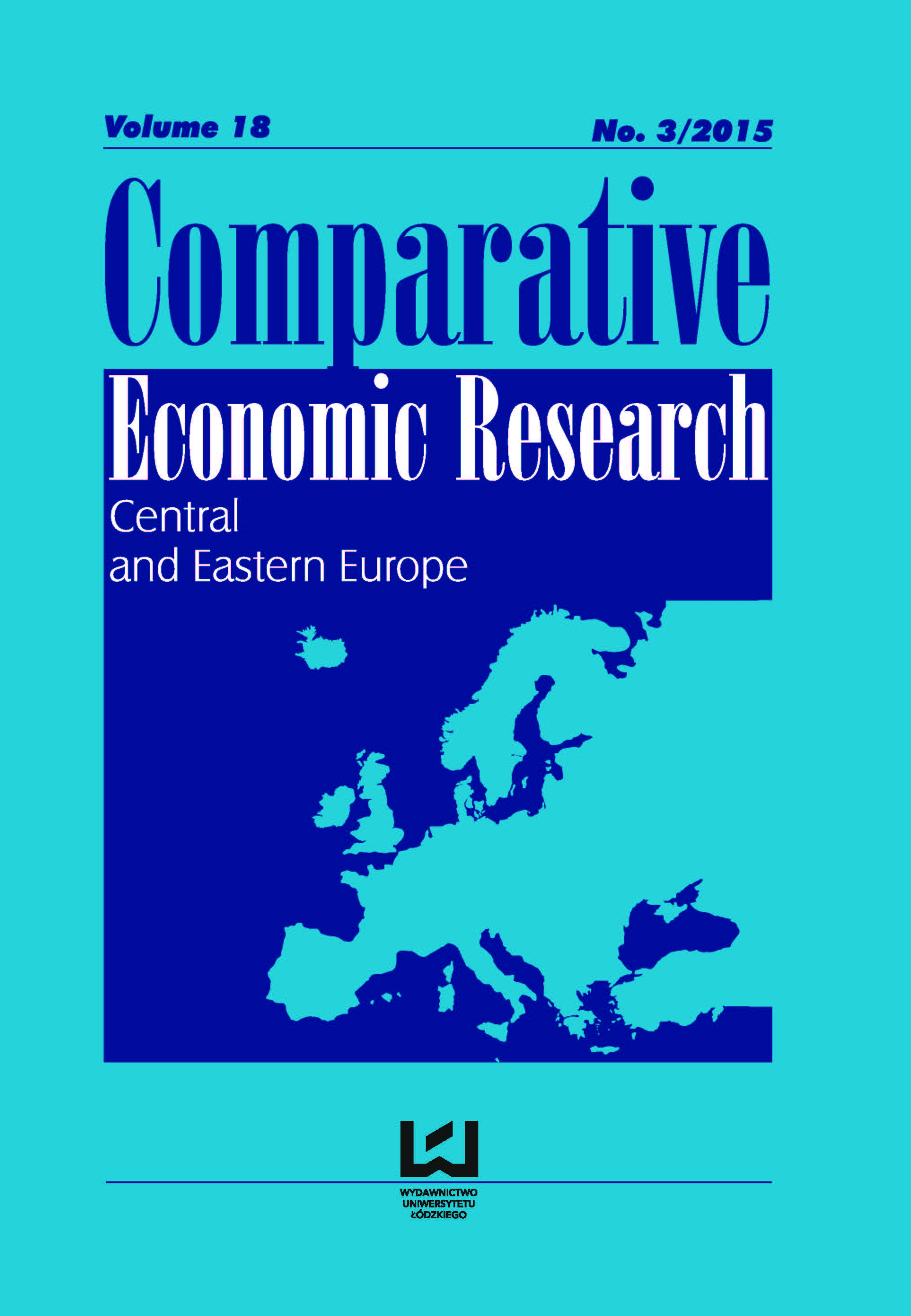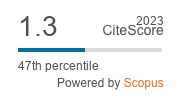Financial Participation In Poland In Comparison To Other EU Countries
DOI:
https://doi.org/10.1515/cer-2015-0021Keywords:
workers’ ownership, financial participation, profit sharing, stock optionAbstract
The success of the profound restructuring changes in the Polish economy depended mainly on the effectiveness of the reforms concerning the restructured properties in all sectors. This required a new approach to private property, determining the new role and place of employees in the process of changes and forming employee companies. Employee companies were formed as a result of direct privatization, so-called liquidation, when the equity of the enterprise is handed over for use with the right to the repurchase by the majority of employees of the established company (leasing). Prior to this privatization it was necessary to convince employees to purchase shares. One should keep in mind that this method turned out to be effective with respect to small and medium-sized enterprises, which didn't require the great financial outlays which were necessary for the privatization of larger companies. Initially it may be said that the conditions for implementing new solutions increasing the participation of employees in ownership, or their participation in other financial programs, are not very favourable. It is even possible to formulate the thesis that in Polish enterprises and amongst employees, peculiarly at the workshop level, there was an awareness barrier, which has made the process of further democratic changes rather difficult. Breaking this barrier can only take place after a certain time, when the employee as an owner begins to understand the economic significance of a dividend, picks up the habit of thinking in categories of an increase in goodwill, and realizes that this is transferred directly into an increase in the value of his or her assets.
Downloads
References
Act of September 15th, 2000 Commercial Companies Code (Dz.U. no 94 item 1037 as amended).
Google Scholar
Annual Economic Survey of Employee Ownership in European Countries in 2008. Introduction to country files (2009a), European Federation of Employee Share Ownership, 13.02.
Google Scholar
Annual Economic Survey of Employee Ownership in European Countries in 2008. Introduction to country files (2009b), European Federation of Employee Share Ownership, 16.02.
Google Scholar
Bałtowski M. (2000), The restructuring effects of privatization of companies in Poland, [in]: The economic growth, restructuring and unemployment in Poland, theoretical and practical approach. Conference materials, The Department of Economics at the University of Łódź, Łódź.
Google Scholar
Ciupa S.W. (2005), Bonuses and Awards for Employees, ʻRzeczpospolitaʼ, October 3rd
Google Scholar
Gilejko L. (1997), Shareholder structure. Its development and structure, SGH (Warsaw School of Economics), Warsaw.
Google Scholar
Jawłowski A. (2001), Employee privatization, ISP PAN (the Institute of Political Studies at the Polish Academy of Sciences), Warsaw.
Google Scholar
Lowitzsch J. (2006), The PEPPER III Report: Promotion of Employee Participation in Profits and Enterprise Results in the New Member and Candidate Countries of the European Union, Inter- University Centre Split/Berlin, Institute for Eastern European Studies, Free University of Berlin, Rome/Berlin June, table 3.
Google Scholar
Lowitzsch J., Hashi I. and Woodward R. (2009), The Pepper IV Report: Benchmarking of Employee Participation in Profits and Enterprise Results in the Member and Candidate Countries of the European Union, Inter-University Centre Berlin/Split, Institute for Eastern European Studies, Free University of Berlin, Berlin October.
Google Scholar
Mathieu M. (2009), Annual Economic Survey of Employee Ownership in European Countries 2008, European Federation of Employee Share Ownership, Brussels.
Google Scholar
Mathieu M. (2013), Annual Economic Survey of Employee Ownership in European Countries 2012, European Federation of Employee Share Ownership, Brussels.
Google Scholar
Tittenbrun J. (1995), The economic reason for privatization, Humaniora Fundation Publishing, Poznań
Google Scholar
Downloads
Published
How to Cite
Issue
Section
License

This work is licensed under a Creative Commons Attribution-NonCommercial-NoDerivatives 4.0 International License.











